One of my favorite quotes was at the start of the preface of Volume 1, " A river can't rise any higher than the source it comes from. In the same way, education can't rise any higher than the foundational thought behind it."
Charlotte Mason's motto for children is, "I am, I can, I ought, I will." and her motto for parents/educators is, "Education is an atmosphere, a discipline, a life."
In regards to the family she said, "An individual is no greater than the family he is a part of.."
On the first six years of life she said, "It's good to remember that a mother's first duty should be to provide a secure, quiet early childhood...This is not just good for their bodies; their heart, soul and mind are nourished with exactly what they need when we leave them alone in a stress-free environment among happy influences that give them no reason to rebel and misbehave."
One of the major tenants of a CM education is spending large amounts of time in nature rather than learning from text books. She said, "a child's mind is constantly busy with ideas coming in and out, like a millstone turning and turning that, if it has nothing to grind, will begin to grind up itself. A child should be given work to do to provide something for his mind to grind, but he should be given things rather than abstract symbols, real things from nature in their true habitat - in the meadows and woods and shorelines...It's no good when children get their knowledge of science from books. They get so used to reading about marvels of nature and never seeing it for themselves that nothing interests them...The person who can best appreciate God is the one who is familiar with the natural world He made."
Another central theme for CM is habit training. On this Miss Mason interestingly said, "Education is merely forming the right habits." She stated that, "Habit is ten natures, " meaning, "habit is very strong - not just as strong, but ten times as strong as the nature a child is born with." She encourages tackling one bad habit at a time and training our children diligently in this area to replace each with a good habit. There is an entire section in Volume 1 dedicated to why and how to do this. One more of my favorite quotes on the subject is, "It's up to parents to correct the bent quirks of their child's personality...parents should send their child to face the world with an even, cheerful temper, inclined to make the best of things, to look on the bright side, to assume the best and kindest of the motives of others and not to feel he has a right to special treatment."
A completely new concept for me was Charlotte Mason's opinion regarding covering subject matter one time only. On this she said, "He should be trained right from the start to expect one single reading to be sufficient to narrate from it. That will motivate him to develop the habit of slow, careful reading to absorb information even when he reads silently, because he will read every phrase deliberately to understand its meaning." This was true in reading for all subjects because, "Her opinion is that the mind will put off the effort of attention as long as a second or third chance exists of getting the information." (A Charlotte Mason Education, p. 16)
Narration is another major player in a CM education and is used in all subject areas. Essentially a child is read to and then asked to retell in their own words what they just heard. Miss Mason opined that, "Asking direct questions to drill a child on comprehension is always a mistake. Instead let him narrate and tell you what he has read."
Short and varied lessons are also important aspects in this homeschool method. For the younger child (up to age nine for Charlotte Mason) lessons should be 20 minutes or less. "Teaching him that each subject needs to be done in a specific block of time teaches him that it does matter, and one time isn't as good as another. If he doesn't get his work done the first time in the time allotted, there is no time set aside to do it again. This compels the child to pay attention and get his work done the first time." As for the mother's responsibility in this she says, "It is worth her while to make sure that her children never do a lesson that they don't put their whole heart into." (This happens to be one of my favorite quotes so far; what a noble goal for me as the mother-teacher!) As for varied lessons, Miss Mason says, "She (the mother) should know how to vary the lessons so that the child's mind can rest after each kind of mental activity by doing something totally different."
Living books and whole books are even more buzz words you will hear time and again when researching this schooling method. A living book is the opposite of a text book where simple facts are presented without emotion or story. She suggests that true learning doesn't happen this way. A child doesn't really remember unless they make an emotional connection with a real person and that's what a living book does. A living book should also be, "clothed in literary language." A whole book is reading a book the author wrote, not a snipet or a dumbed down version.
In More Charlotte Mason Education are two more powerful quotes from Miss Mason herself on books and how vital they are. The first is, "the best thought the world possesses is stored in books; we must open books to children, the best books; our own concern is abundant provision and orderly serving." The second is, "We owe it to every child to put him in communication with the great minds that he may get at the great thoughts; with the minds, that is, of those who have left us great works; and the only vital method of education appears to be that children should read worthy books, many worthy books."
Just re-reading this makes me realize how meager an attempt this post is at even coming close to grasping the true depth of a Charlotte Mason style education. I still want to post it for two reasons: to chronicle my journey down this road and to possible peak interest for someone else who may benefit from reading Miss Mason's works. Tomorrow I am going to make my first attempt at a CM inspired schedule. I expect that we will try many things before we find something to stick with for any length of time.


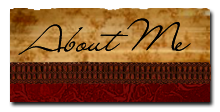

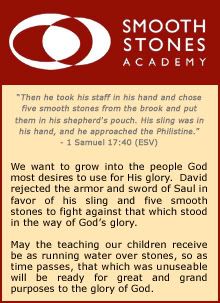

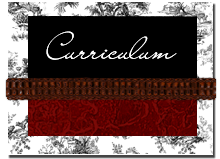




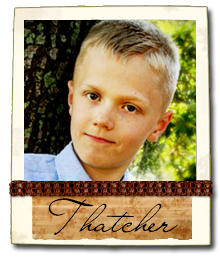
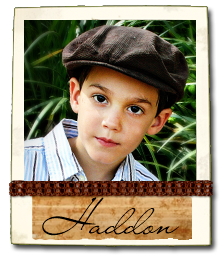
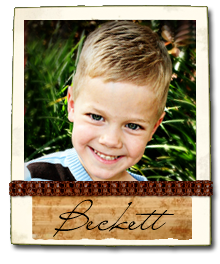


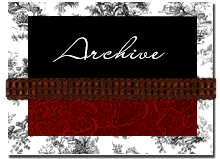

8 comments:
Thank you for this post. Some how I really understood the CM concepts that you wrote about because it was in such a straight forward manner!
This would be a great post to include in the upcoming CM Blog Carnival! Pretty please. :o)
http://blogcarnival.com/bc/cprof_2378.html
I have been thinking/reading about Classical compared to CM as well. Thank you for a thougthful post!
Your posts are not only thoughtful, but they challenge me to examine my approach. With you, I have struggled a bit as I try to pull together all that "classical edcation" entails. As I think about the new year I will look more closely at CM. Thanks again!
CM truly was an amazing woman... how she has blessed and empowered homeschoolers!
Patricia
Great post! Some of the same things you have gleaned from CM are the things I enjoy about her style too. Thanks for sharing!!
Candace
I am dying to know how your week is going!!!
Sheryl in GA
Great post! I've read these other quotes before (good choices, BTW), but somehow I've missed the 1st one you quoted, about the river and it's source. I like it!
Your blog design is beautiful, too!
Post a Comment